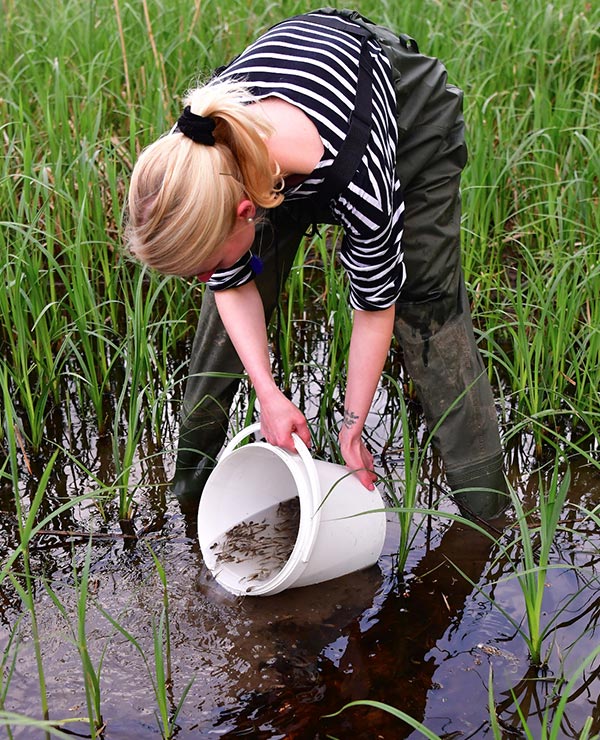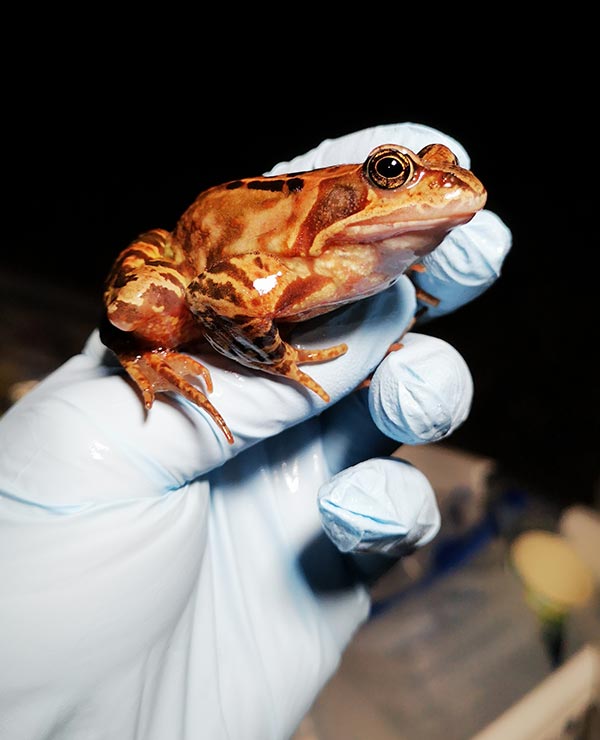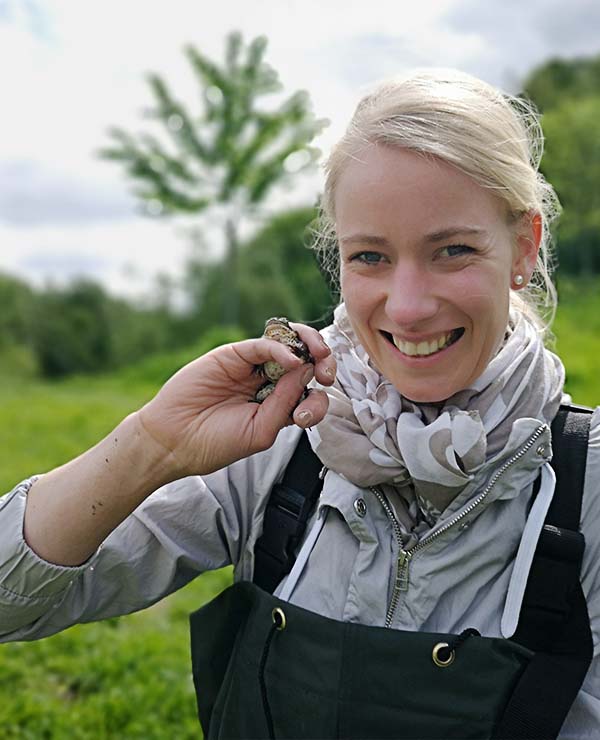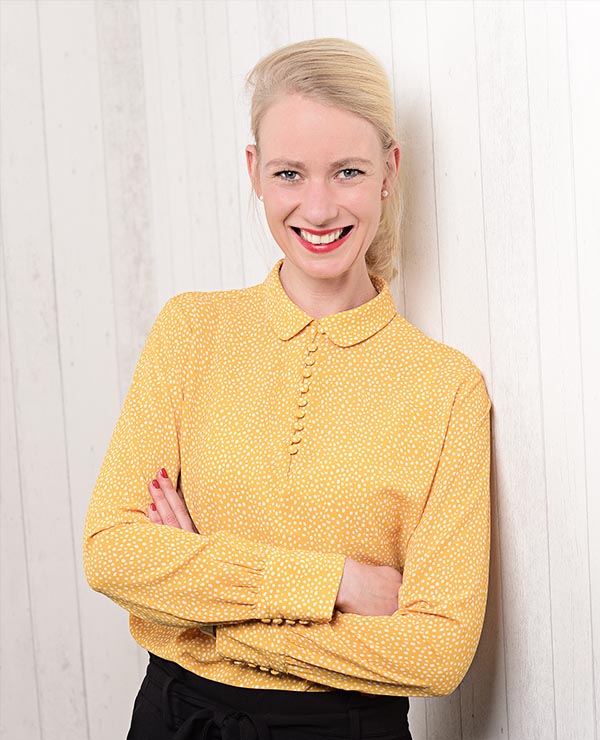Curriculum Vitae
Date & place of birth:
02. September 1989 in Itzehoe, Germany
Nationality:
German
07/2020 - ongoing
Technical University of Braunschweig, Evolutionary Biology, Assistant Professor
10/2019 - 02/2020
Technical University of Braunschweig, Lectureship
04/2019 -06/2019
University of Hamburg/ Centrum für Naturkunde (CeNak), Lectureship
01/2019 – 06/2020
University of Hamburg; Animal Ecology and Conservation, Post-doctoral Research Associate
10/2015 - 09/2018
University of Hamburg; Ecology & Energetics, Doctoral Research Associate
10/2012 - 07/2015
University of Hamburg; Department of Biology, Research Assistant
01/2015 – 12/2018
University of Hamburg. Doctoral Studies at the Department of Biology. Degree: Dr. rer. nat. Biology. Thesis (cumulative): Amphibians in a Changing World: an Ecophysiological Perspective on Amphibian Metamorphosis (1.0; magna cum laude).
10/2012 - 12/2014
University of Hamburg. Course of Study: Biology, German Philology (teacher training). Degree: Master of Education (1.45). Thesis: Food Quality Induces Plasticity in Intestinal Morphology of Tadpoles (1.0).
10/2009 - 10/2012
University of Hamburg. Course of Study: Biology, German Philology (teacher training). Degree: Bachelor of Science (1.62). Thesis: The Biology of Monotremes (1.0).
06/2019
PostDoc1st Award. Advancement award of the Department of Biology (University of Hamburg) for an excellent doctoral thesis.
Languages
German, native speaker
English, academic fluent written and spoken
Spanish, basics
Driver’s license
European Type A and B
Scholarships and Grants
03/2021
04/2023
05/2023
09/2015
09/2017
04/2020
Ecological Indicators
Journal of Experimental Biology
Chemosphere
Journal of Experimental Zoology Part A
Professional Memberships
Member
Selected Public Outreach Activities
Representative
With their SDG sponsorship programme, the Technical University of Braunschweig wants to show which employees are committed to the 17 SDGs in their work, teaching or research on a daily basis.





